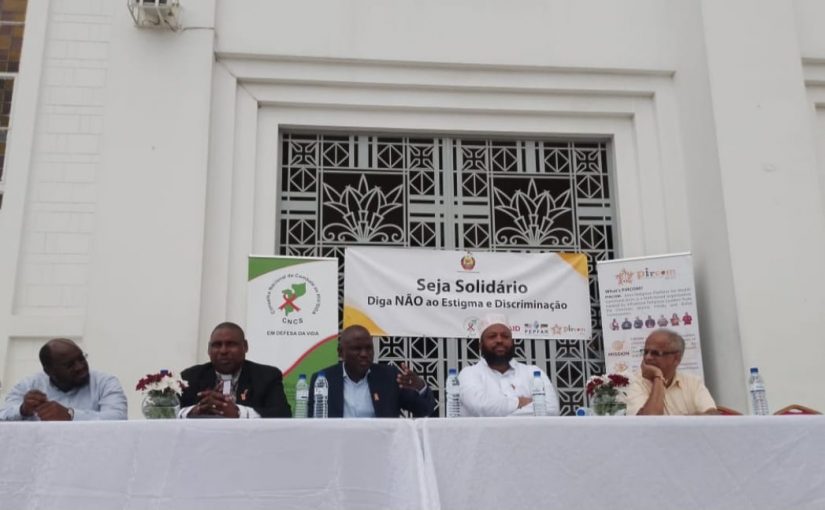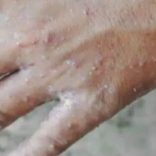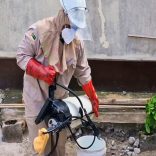WOAH donates 100,000 rabies vaccines to Mozambique
Mozambique: About 44,000 killed by HIV/AIDS in 2023, figures trending downwards

Photo: Jornal Moçambique
The number of deaths from HIV/AIDS in Mozambique will fall to around 44,000 in 2023, compared to the 48,000 deaths recorded in 2022, Mozambique’s government announced on Wednesday, estimating 81,000 new infections in the country.
‘We don’t want to say that we’re satisfied with 44,000 deaths. These figures worry us, especially those of people who are dying as a result of not taking treatment and, if they are, not taking it correctly,’ said the executive secretary of the National Council for the Fight against AIDS, Francisco Mbofana, at a press conference, ahead of the World AIDS Day, commemorated annually on 01 December to raise awareness about the status of the epidemic, with a view to encourage HIV prevention, treatment and care,
Mozambique’s government estimates the number of people living with HIV/AIDS in the country at 2.4 million, according to 2023 figures, which also show 81,000 new infections, a reduction compared to 2022 statistics, with 97,000 new cases.
The provinces of Sofala and Zambézia (in the centre of the country) and Nampula (in the north) have the highest rates of new infections, while Tete (in the centre) has the lowest figures.
‘I can confirm that there has been a year-on-year reduction in new infections, but it’s not enough to get the disease under control quickly. The number of new infections worries us a lot when we have the means to prevent them,’ said Mbofana, who asked for everyone’s involvement in the fight against the virus.
Government statistics also indicate that last year, 10% of all pregnant women with HIV transmitted the virus to their children. ‘Our wish would be to have zero children born with HIV,’ said Francisco Mbofana.
To reduce the number of new infections and deaths from the disease, the government is conducting an inquiry to understand the levels of stigma to combat it and mobilise more people to test and start treatment for HIV.
‘Stigma and discrimination create many obstacles to our response to HIV, limiting access to prevention and treatment, limiting access to broader sexual and reproductive health services and also limiting access to treatment for tuberculosis, which is a common disease in people living with HIV,’ said Mbofana.
‘Stigma and discrimination cause those with the infection to progress quickly to the disease, so if we want to reduce the number of people who die, we have to eliminate stigma and discrimination as important barriers,’ he concluded, noting that these are a “violation of human rights”.
On 25 November, the Civil Society Platform for Health (Plasoc-M) warned of illicit charges and insufficient health professionals and equipment in health units as ‘barriers’ to combating tuberculosis and HIV/AIDS in Mozambique.
‘These are barriers that we consider important for improving the quality of services, such as the issue of illicit collections, which are repeated, and this is an old issue in our country, and the lack of health professionals in health centres,’ said the president of Plasoc-M’s board of directors, Gilda Jossias.
The number of deaths from HIV/AIDS in Mozambique is expected to fall to 48,000 in 2022, compared to around 50,000 deaths in 2021, Mozambique’s government announced on 22 June 2023.













Leave a Reply
Be the First to Comment!
You must be logged in to post a comment.
You must be logged in to post a comment.